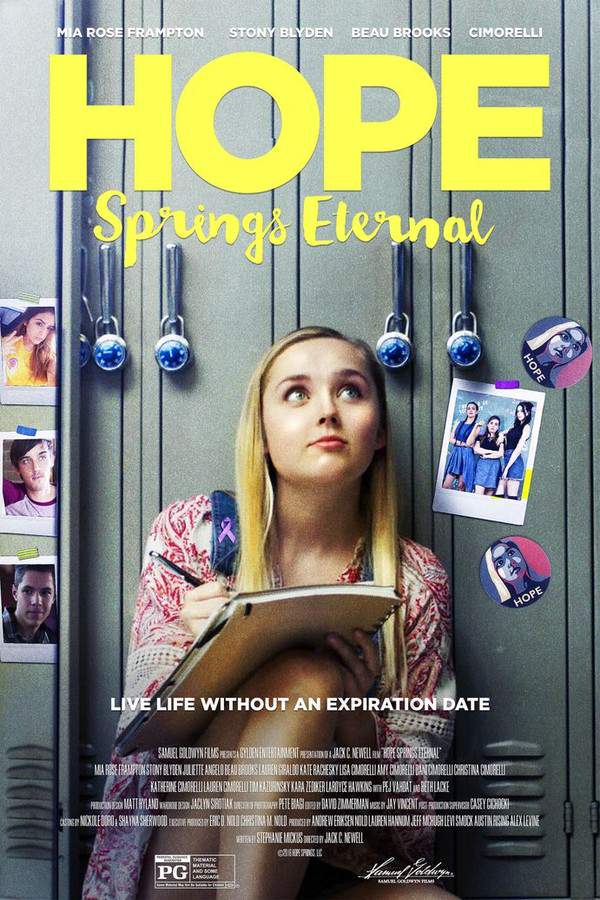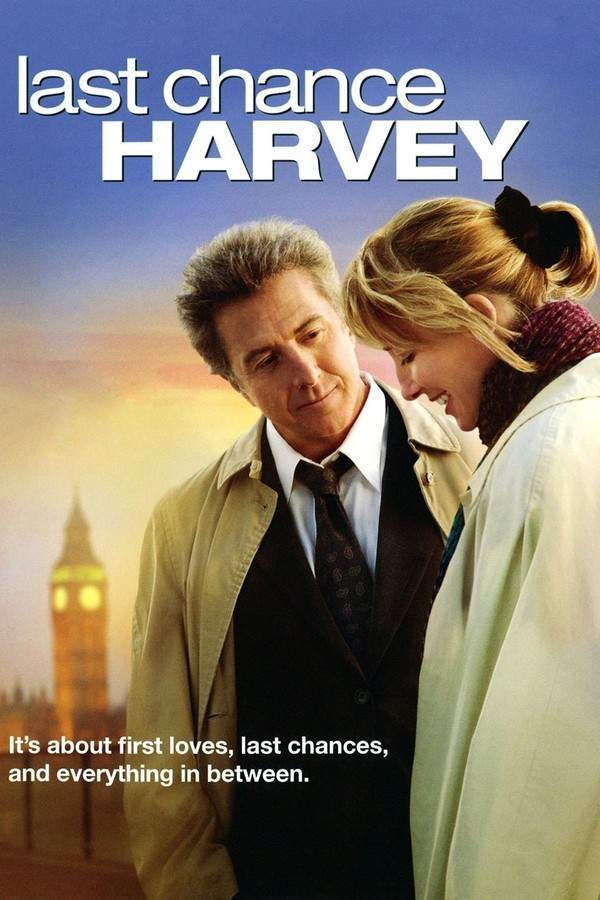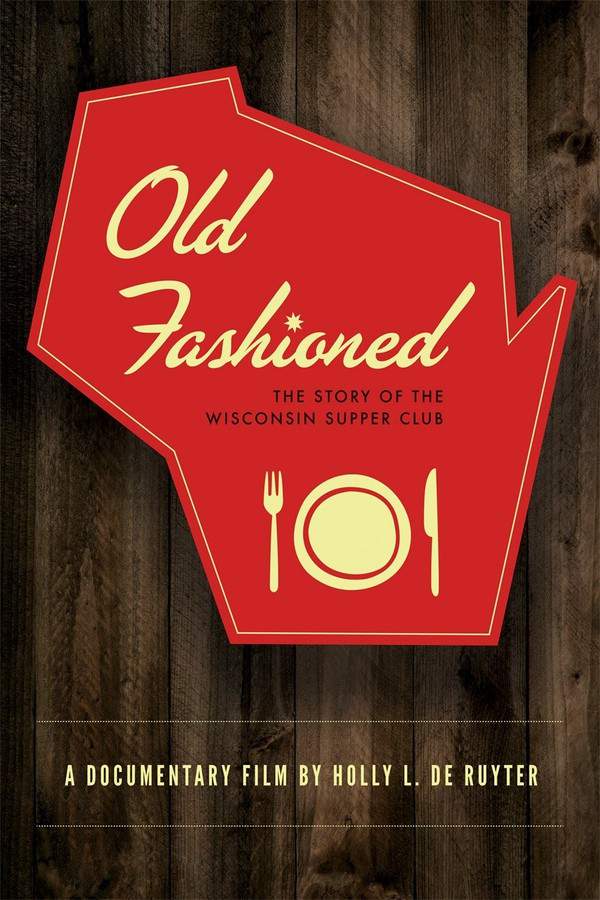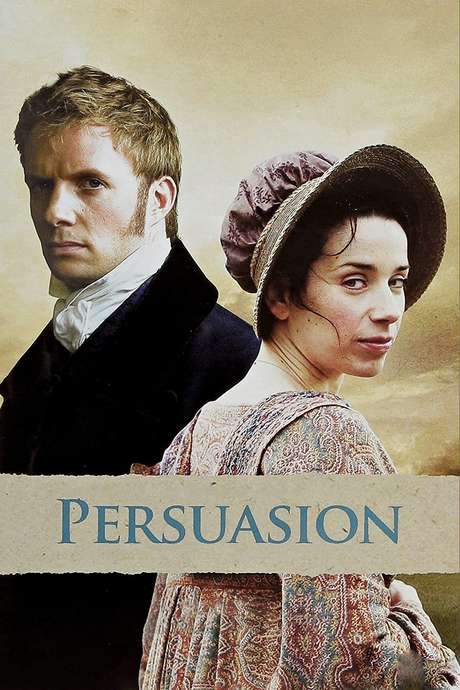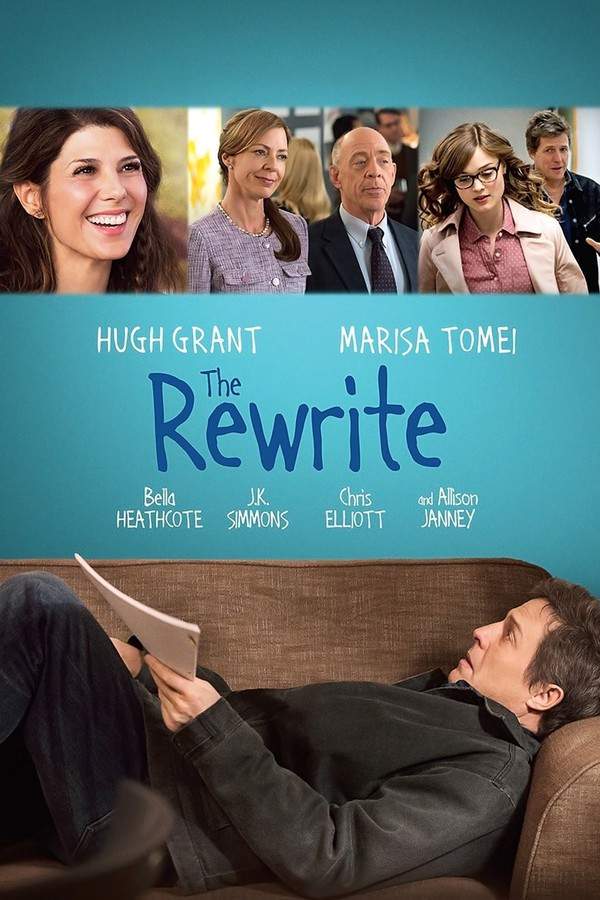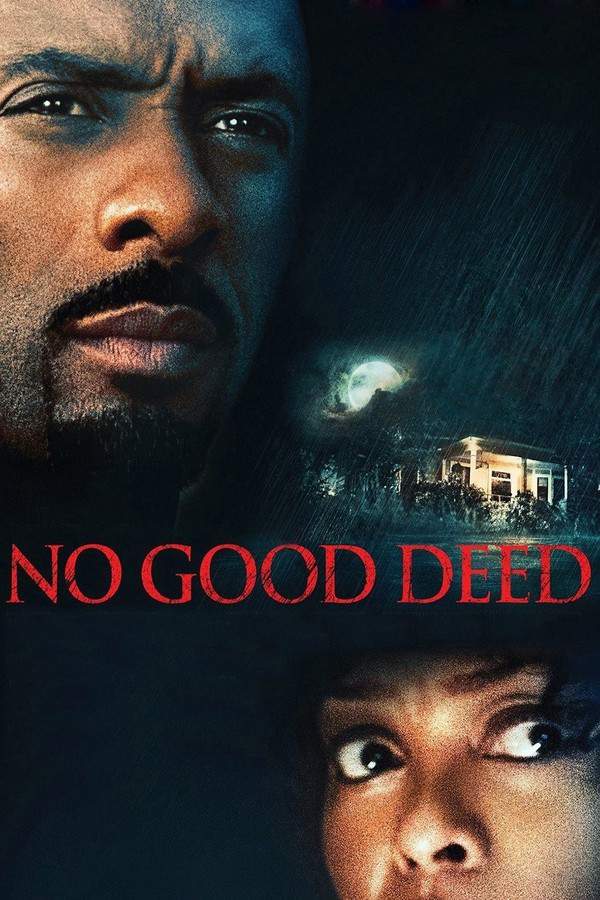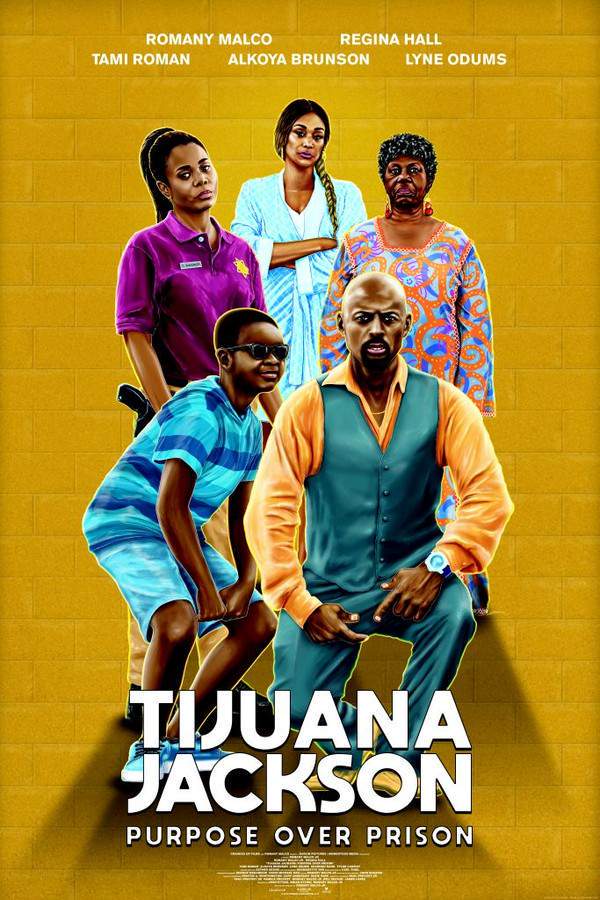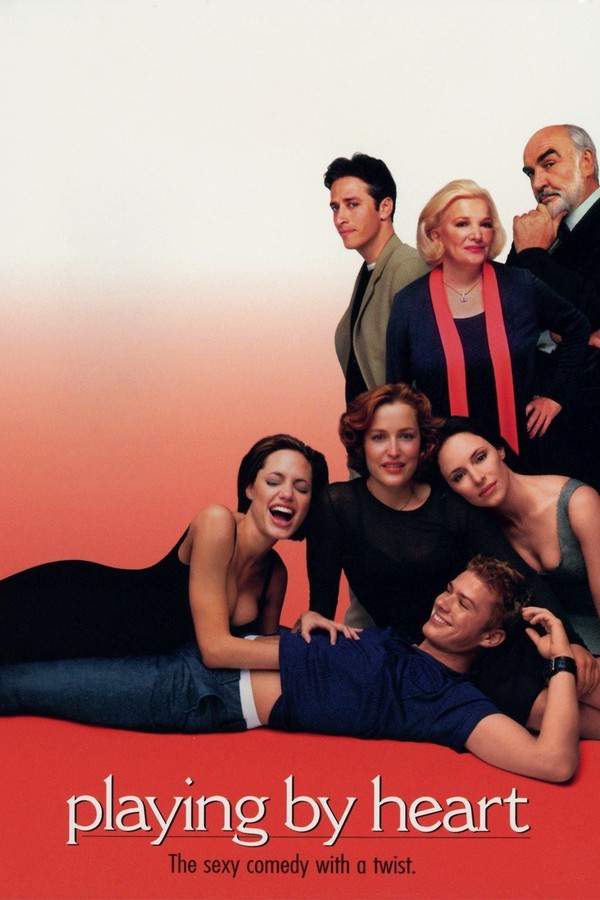
Dear Heart
Year: 1964
Runtime: 114 mins
Language: English
Director: Delbert Mann
In just two hours, two complete strangers will cross paths at a bustling hotel convention, sparking an unexpectedly quirky romance. An isolated Ohio spinster journeys to New York City for a postmasters' convention, hoping the trip will finally bring her the love she’s longed for.
Warning: spoilers below!
Haven’t seen Dear Heart yet? This summary contains major spoilers. Bookmark the page, watch the movie, and come back for the full breakdown. If you're ready, scroll on and relive the story!
Dear Heart (1964) – Full Plot Summary & Ending Explained
Read the complete plot breakdown of Dear Heart (1964), including all key story events, major twists, and the ending explained in detail. Discover what really happened—and what it all means.
Evie Jackson, Geraldine Page is a middle-aged, single postmaster from small-town Ohio who attends a postmasters’ convention at a bustling New York City hotel. She is outgoing, honest, and a touch tactless, with a wide circle of friends, yet she aches for a romance that feels real and lasting rather than fleeting flings with married conventioneers. To fend off loneliness, she engages in small rituals that give her a sense of importance: she sends herself a welcome message and even has herself paged in the hotel lobby. These little acts reveal a woman who yearns for connection and meaning beyond the routine of her everyday life.
Harry Mork, Glenn Ford, is a middle-aged man who has spent years bouncing between the road and a series of relationships, a former traveling salesman for a greeting-card company who now dreams of settling down. He has just accepted a promotion to an office job in New York City and becomes engaged to Phyllis, Angela Lansbury, a practical, widowed housewife from Altoona, Pennsylvania. Harry is staying in the same hotel as Evie while he searches for a place to live and waits for Phyllis to join him. The hotel atmosphere is busy and anonymous, a perfect stage for his evolving feelings and the tension between his past impulses and a potential future.
Just as Evie and Harry start to cross paths more than once, Patrick, Michael Anderson Jr., Phyllis’ blunt, bohemian son, arrives unannounced at the hotel. He is not the quiet boy his mother might expect; he’s an 18-year-old with a beard, a sign of his unconventional attitude toward life that immediately unsettles Harry. Patrick’s presence creates a lively, sometimes awkward dynamic, as he shares the space with Harry and a knowingly flirtatious, famously forthright friend named Émile Zola Bernkrant, Joanna Crawford, whom he brings along in a way that seems to blur lines and challenge Harry’s plan for a clean, orderly life.
Evie’s first encounter with Harry happens at a crowded restaurant where they are seated together by chance. Harry shows her courteous concern—he helps her after she escapes the clumsy advances of a stranger—but his eye is soon caught by June Loveland, Barbara Nichols, a lively clerk in the hotel gift shop, whose easy charm and buxom presence captivate him. The clash between Evie’s earnest sweetness and Harry’s restless, hungry energy is stark, and he quickly excuses himself to pursue a flirtation with June.
Back in the lobby, Evie’s loneliness surfaces again, and Harry’s protective instinct returns when he helps her back to her room after the earlier incident. They tentatively plan to visit the Statue of Liberty together the following morning, a symbol of freedom and possibility that resonates with both of them. However, fate intervenes when Patrick reappears and insists on spending the day with Harry, forcing him to cancel the excursion with Evie. Instead, Harry takes Patrick to look at apartments and to meet with Émile Zola Bernkrant, a bold and controversial figure who adds a dash of unpredictability to the story. Evie, meanwhile, spends the day with a trio of older spinster postmasters at a seminar and a party, a vignette that underscores her longing for companionship and respect.
When Harry returns, he reveals that he left a message for Evie about the change of plans and offers to take her to dinner and to see an apartment in Greenwich Village. Evie clings to a hopeful fantasy that the apartment might be theirs, a shared space that would symbolize a real, grown-up commitment. But the moment shatters when Phyllis arrives from Altoona, and Harry makes a choice that redirects the entire emotional arc of the story. He decides to stay with Phyllis in a hotel across the street, a practical arrangement that seems to suit Phyllis’s modern preferences but leaves Evie feeling small and disappointed.
Phyllis, for her part, is clear about what she wants for the future: a life that is modern, convenient, and detached from domestic responsibilities. She envisions facilities like room service and separate beds, preferring the ease of a hotel lifestyle to the old-fashioned rhythms of a shared home. Her stance also involves a hopeful, albeit complicated, paternal role for Harry with Patrick, indicating that she wants him to help shape Patrick’s teenage years rather than simply be a partner in a traditional family life. This revelation reshapes Evie’s understanding of what she could expect from Harry and from a relationship built in such a shared, public space.
In a moment of clarity, Harry realizes that his deepest feeling is for Evie, not for Phyllis or the life she envisions. He comes to see that Patrick and Phyllis deserve a bond that fosters their own growth, and that his true happiness lies with Evie. With a renewed sense of purpose, he ends his engagement and sets out to win Evie back. The story builds to a quiet, poignant reunion at a busy train station, where the choice to embrace a future together finally crystallizes. Evie and Harry choose each other, and the film closes on a note of hopeful possibility, suggesting that love, when rooted in honesty and mutual respect, can endure even amid the complexities of life and the compromises that come with adult relationships.
Throughout, the film explores themes of loneliness, desire for companionship, the pull between old-fashioned values and modern independence, and the surprising ways that love can emerge from imperfect beginnings. The everyday setting of a New York hotel during a postmasters’ convention becomes a stage for emotional discovery, where two people navigate longing, disappointment, and the possibility of a more meaningful connection that transcends convenience and habit.
Last Updated: October 09, 2025 at 11:09
Explore Movie Threads
Discover curated groups of movies connected by mood, themes, and story style. Browse collections built around emotion, atmosphere, and narrative focus to easily find films that match what you feel like watching right now.
Hopeful, mature romances like Dear Heart
Gentle stories about lonely adults finding an unexpected, life-changing connection.If you enjoyed the gentle, hopeful connection in Dear Heart, you'll appreciate these movies about lonely adults finding love later in life. They share a similar mature tone, steady pacing, and focus on emotional growth through a chance romantic encounter, offering stories of quiet redemption and heartfelt optimism.
Narrative Summary
Stories typically center on isolated, often middle-aged characters who feel life has passed them by. A serendipitous meeting catalyzes their emotional growth, forcing them to confront their loneliness and take a risk on happiness. The central conflict is internal—overcoming fear and resignation—leading to a positive, life-affirming conclusion.
Why These Movies?
These films are grouped by their shared mood of hopeful melancholy, their medium emotional weight, and their focus on the specific romantic experience of finding a 'last chance' at love. They offer a similar viewing experience: thoughtful, earnest, and ultimately uplifting without being overly saccharine.
Character-driven stories of awakening like Dear Heart
Stories where reserved characters break out of their shells for a second chance.Fans of Dear Heart's journey of self-discovery will enjoy these movies about characters breaking free from isolation. They feature similar straightforward narratives, medium intensity, and a focus on earnest emotional growth, often sparked by a new environment or person, leading to a happy and satisfying conclusion.
Narrative Summary
The pattern follows a protagonist who is emotionally stagnant, defined by routine or loneliness. An external event—a trip, a convention, a new acquaintance—serves as a catalyst for change. The plot revolves around their gradual awakening as they confront their fears, embrace vulnerability, and choose a path toward happiness, resulting in a clear, positive resolution.
Why These Movies?
These films share a cohesive feel due to their straightforward complexity, medium intensity focused on personal stakes, and a consistently hopeful tone. The central, relatable theme of 'seizing a second chance' creates a strong narrative and emotional throughline that binds these stories together.
Unlock the Full Story of Dear Heart
Don't stop at just watching — explore Dear Heart in full detail. From the complete plot summary and scene-by-scene timeline to character breakdowns, thematic analysis, and a deep dive into the ending — every page helps you truly understand what Dear Heart is all about. Plus, discover what's next after the movie.
Dear Heart Timeline
Track the full timeline of Dear Heart with every major event arranged chronologically. Perfect for decoding non-linear storytelling, flashbacks, or parallel narratives with a clear scene-by-scene breakdown.

Characters, Settings & Themes in Dear Heart
Discover the characters, locations, and core themes that shape Dear Heart. Get insights into symbolic elements, setting significance, and deeper narrative meaning — ideal for thematic analysis and movie breakdowns.

Dear Heart Spoiler-Free Summary
Get a quick, spoiler-free overview of Dear Heart that covers the main plot points and key details without revealing any major twists or spoilers. Perfect for those who want to know what to expect before diving in.

More About Dear Heart
Visit What's After the Movie to explore more about Dear Heart: box office results, cast and crew info, production details, post-credit scenes, and external links — all in one place for movie fans and researchers.

Similar Movies to Dear Heart
Discover movies like Dear Heart that share similar genres, themes, and storytelling elements. Whether you’re drawn to the atmosphere, character arcs, or plot structure, these curated recommendations will help you explore more films you’ll love.
Explore More About Movie Dear Heart
Dear Heart (1964) Scene-by-Scene Movie Timeline
Dear Heart (1964) Movie Characters, Themes & Settings
Dear Heart (1964) Spoiler-Free Summary & Key Flow
Movies Like Dear Heart – Similar Titles You’ll Enjoy
Heartbreaker (2010) Full Summary & Key Details
The Heartbreak Kid (1972) Detailed Story Recap
Playing by Heart (1999) Full Summary & Key Details
2 Hearts (2020) Story Summary & Characters
All of My Heart: Inn Love (2017) Movie Recap & Themes
Straight From the Heart (2003) Plot Summary & Ending Explained
Heart of the Holidays (2020) Complete Plot Breakdown
Where Your Heart Belongs (2022) Detailed Story Recap
My Dear Secretary (1948) Complete Plot Breakdown
Give Me Your Heart (1936) Story Summary & Characters
There Goes My Heart (1938) Full Summary & Key Details
My Foolish Heart (1949) Complete Plot Breakdown
Don’t Go Breaking My Heart (1999) Story Summary & Characters
The Young in Heart (1938) Movie Recap & Themes
Hearts Under the Olive Tree (2023) Plot Summary & Ending Explained



